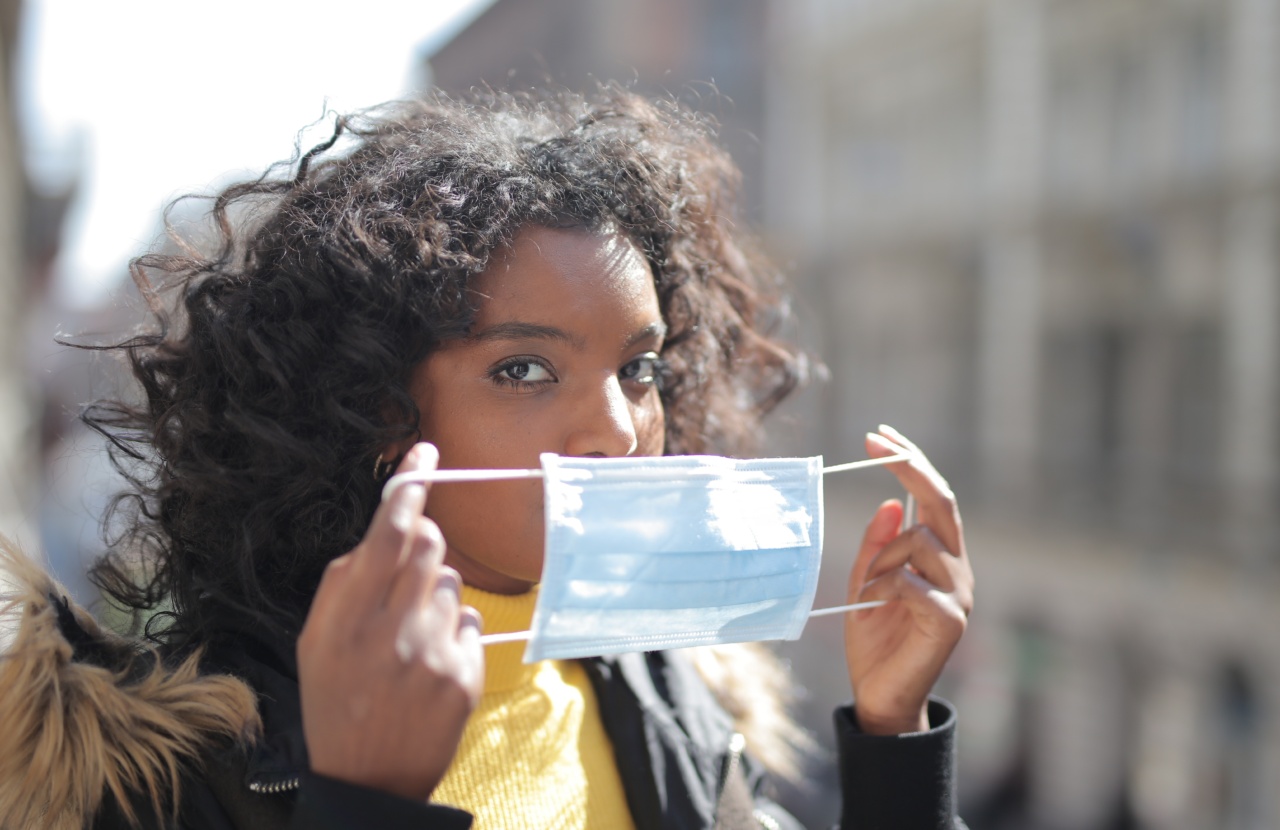Protecting your skin from the harmful ultraviolet (UV) rays of the sun is crucial for maintaining good skin health and preventing various skin-related issues.
Continuous exposure to the sun’s UV rays can lead to sunburns, premature aging, and even increase the risk of skin cancer.
The Evolution of Sunscreens
Over the years, sunscreen products have been developed to effectively shield the skin from harmful UV rays. These commercial sunscreens undergo rigorous testing and adhere to specific guidelines to guarantee their efficacy and safety.
The Rise of Homemade Sun Protection
With an increasing interest in natural and DIY beauty products, homemade sun protection methods have gained popularity among some individuals.
From homemade sunscreen lotions to natural oils, people are experimenting with alternative ways to protect their skin from the sun.
The Homemade Sunscreen Trend
While the DIY approach may seem attractive due to a desire for more natural alternatives or cost savings, it is essential to understand the potential risks and limitations associated with homemade sun protection methods.
The Ineffectiveness of Homemade Sunscreens
One of the major concerns with homemade sunscreens is their effectiveness. Commercial sunscreens undergo extensive testing to determine their SPF (Sun Protection Factor) value, which indicates the level of protection they provide against UVB rays.
Homemade sunscreens, on the other hand, lack this crucial testing and may not offer the same level of protection.
The Challenge of Achieving Proper SPF
Obtaining the correct SPF in homemade sunscreens poses a significant challenge. Achieving a high enough SPF requires precise measurements and the right combination of ingredients, including UV-blocking agents.
Without accurate testing and measurements, homemade sunscreens may not provide sufficient protection against UV radiation.
Uneven UV Protection
When applying sunscreen, it is crucial to achieve an even coverage for effective sun protection.
Homemade sunscreens often lack the smooth consistency and even distribution found in commercial products, leaving areas of the skin vulnerable to UV radiation. Uneven UV protection can result in sunburns and skin damage.
Lack of Broad-Spectrum Protection
Commercial sunscreens are designed to offer broad-spectrum protection, which means they shield the skin from both UVA and UVB rays. UVA rays contribute to skin aging and can penetrate through glass, while UVB rays are the primary cause of sunburn.
Homemade sun protection methods may not provide adequate protection against both UVA and UVB rays.
Potential Allergic Reactions and Skin Irritation
Commercial sunscreens undergo comprehensive testing to ensure they are gentle on the skin and do not cause allergies or irritation.
Homemade sunscreens may utilize ingredients with the potential to cause allergic reactions or skin irritation, especially for individuals with sensitive skin.
Risk of Inadequate Preservation
Preserving homemade sunscreens to prevent bacterial growth and maintain their efficacy is a critical challenge.
Without proper preservation methods or preservatives, homemade formulas can become contaminated over time, leading to potential skin infections or other adverse skin reactions.
Misleading Information and False Claims
As homemade sunscreens are not regulated and do not undergo the same testing as commercial products, there is a risk of relying on misleading information and false claims.
The lack of standardized guidelines for homemade sunscreens makes it difficult to determine their actual level of protection. Without proper understanding or reliable information, individuals may unknowingly put themselves at risk.
Adverse Effects on Public Health Efforts
Encouraging the use of homemade sun protection methods can have negative implications for public health efforts and awareness campaigns regarding proper sun protection.
Relying on homemade alternatives may undermine the importance of commercial sunscreens that have undergone extensive research and testing.
The Importance of Professional Advice
To ensure effective sun protection and minimize the risk of skin damage or skin cancer, it is vital to seek professional advice from dermatologists or skincare experts.
Professionals can provide guidance on choosing the right commercial sunscreen products that suit individual skin types and lifestyles.
Conclusion
While homemade sun protection methods may seem appealing, it is important to understand the potential risks and limitations they carry. Homemade sunscreens often lack the stringent testing, regulated standards, and efficacy of commercial products.
To safeguard your skin from the harmful effects of UV radiation, relying on commercially formulated sunscreens is crucial.






























